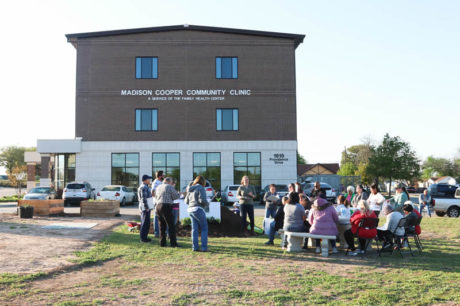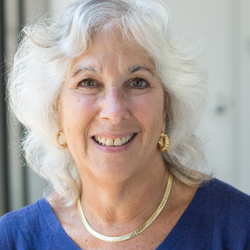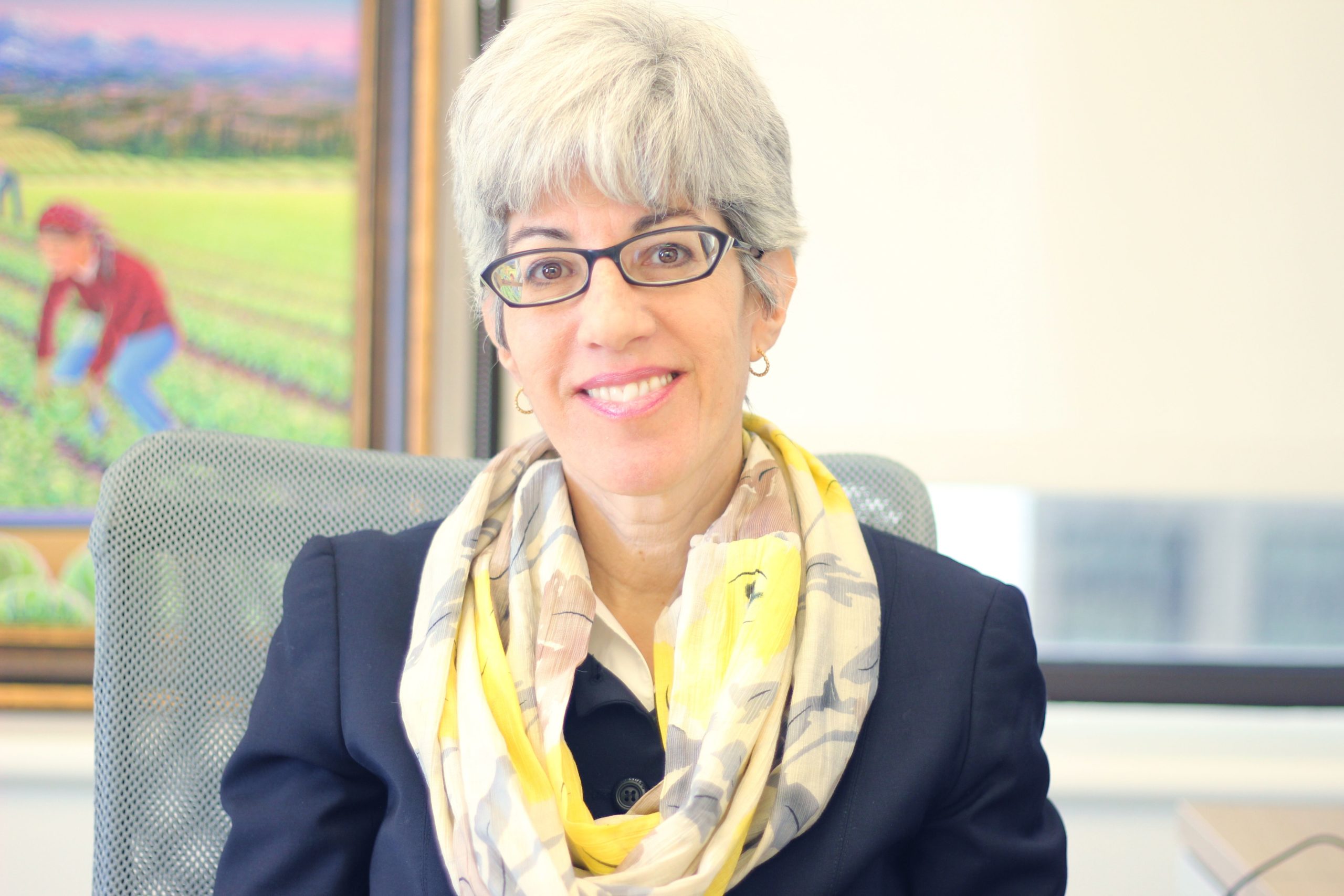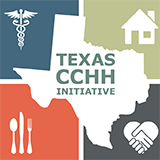
Texas Community Centered Health Home Initiative created active roles for clinics to address the broader factors that affect health
Lessons learned could shape policy that would integrate community health improvement into Medicaid managed care

Efforts by Texas clinics to reduce chronic disease like obesity, diabetes, and high blood pressure by addressing community conditions outside the doctor’s office could provide a practical model to address social determinants of health affecting Medicaid beneficiaries. That’s according to a new report by the Milken Institute School of Public Health at George Washington University examining policies that can spur community health improvement efforts within Medicaid managed care.
Poverty, substandard housing, lack of affordable healthy food, and limited safe places to exercise are a few of the underlying conditions that contribute to poor health. These community conditions directly contribute to high rates of health issues like heart disease, asthma, obesity, diabetes, and more.
Researchers found that when community clinics receive funding to support community-wide health improvement activities, they can build proven models that make broader health improvement innovations a basic part of primary care and bring real health change to underserved communities. The report shows how Medicaid managed care policy and practice can incorporate lessons learned from Episcopal Health Foundation’s $10 million Texas Community Centered Health Homes Initiative in order to play a more robust role in any state strategy to address the social determinants of health.


 The CCHH model creates a broader role for clinics to improve the health of patients and neighborhoods. Through partnerships with a variety of organizations, clinics strategically engage in community-wide prevention strategies and other efforts that can improve health conditions in a community. Interventions might involve aligning goals with other social sector partners, applying a health lens to local policies and ordinances, improving community conditions, or working with businesses and the private sector to shift towards organizational practices that better support health.
The CCHH model creates a broader role for clinics to improve the health of patients and neighborhoods. Through partnerships with a variety of organizations, clinics strategically engage in community-wide prevention strategies and other efforts that can improve health conditions in a community. Interventions might involve aligning goals with other social sector partners, applying a health lens to local policies and ordinances, improving community conditions, or working with businesses and the private sector to shift towards organizational practices that better support health.

Except in rare circumstances, Medicaid does not directly pay for services such as food, housing, education, or similar efforts to address non-medical factors that affect health. The report found that the CCHH model shows the value of using health care as the major initial entry point into better health for patients and communities.
“With Medicaid enrollment surpassing 4.2 million (and the majority of enrollees in managed care), Texas has an opportunity to lead the nation in a basic reorientation of managed care and managed care provider networks towards substantial and meaningful community health improvement,” the report says.
Twelve clinics participated in the Texas CCHH Initiative. A few examples of their efforts include:
AccessHealth, Richmond
The center seeks to reduce the prevalence of obesity, diabetes, and related mental health issues like anxiety and depression in two neighborhoods in the Richmond area.
Through the CCHH model, AccessHealth has been able to strengthen its efforts to engage in evidence-based community health practice through the routine and ongoing analysis of patient health information from its health records system. For example, as clinicians began reporting higher-than-average rates of road fatalities in the Richmond area, AccessHealth expanded its work to include advocacy for expanded sidewalks as a core component of this work. Services also have been expanded to include improved transportation to clinic care and nutrition and financial education for residents.
HOPE Clinic, Houston
HOPE seeks to reduce hypertension and diabetes by combating obesity within the Alief community.
The project worked to increase opportunities for residents to connect socially, be active, and reduce stress by focusing on greater use of Alief Spark Park and Nature Center for exercise, social interaction, and community engagement. In particular, this included the construction of new sidewalks, gazebos, and gaming tables, as well as hosting community events in Alief Spark Park. The clinic also began a “Walk with a Doc” program that allows residents to informally engage with clinicians through walks in the community.
People’s Community Clinic, Austin
The clinic seeks to foster coalitions and engage on broader policy issues to advance nutrition, reduce obesity, and improve wellbeing in two middle school catchment areas.
People’s Community Clinic expanded its efforts to support local community organizations as they develop policy proposals for local government officials. One key success of this expanded coalition work was a commitment on the part of local leaders to repurpose empty building space into a location that improves community access to affordable, healthy foods and nutrition.
Waco Family Medicine, Waco
Waco Family Medicine seeks to promote access to healthy eating and active living to reduce obesity and related diseases among five communities around Waco.
In partnership with Prosper Waco, the health center helped lead and participate in initiatives to create a community gathering space and urban gardens that can promote community connections, expand access to fresh produce and healthy food prescriptions, develop civic and public engagement interest among residents, and provide geo-mapping support to measure social determinants at the local level.
St. Paul’s Children’s Clinic, Tyler
The clinic seeks to reduce obesity by improving local food security, healthy eating, and physical activity in the Tyler community.
Expanding the scope of their pre-existing food pantry, the clinic has increased and improved the pantry’s supply of fresh produce. Additionally, the clinic provides core support to the Smith County Food Security Coalition – a community initiative seeking to advance a strong, sustainable local food system in the Tyler community through partnerships across local nutrition organizations serving Tyler families, such as local food agencies and WIC.